OSS for Cloud Continuum
Open Source Software and Cloud Services and Applications: On the way to more interoperable cloud services
Workshop within the framework of the Open Source Workshops for Computing and Sustainability event
Albert Borschette Conference Center, Brussels: 02 December 2022
Workshop time: 12:00-13:30 CET | Room 0A
Workshop Description
According to a study carried out by the European Commission, companies in the EU invested around 1 billion Euros in Open Source Software (OSS) in 2018, which amounted to an economic impact of 65 to 95 million Euros. The same study estimates that an increase of 10% of OSS contributions would annually generate an additional increase of 0.4% to 0.6% in the GDP.
The adoption of cloud computing by the industry can accelerate the commoditization of open source software. Several OSS solutions exist to solve specific challenges that can be found in the cloud continuum services stack. Cloud vendors, especially the large ones, are monetizing OSS by integrating it into their own cloud services proprietary derivatives created by them but few release them as open source or they do it under a very complicated licensing model.
End-to-end integration of the whole cloud stack and easier exit cloud switching options horizontally (between cloud services of the same type) and vertically (between layers of the cloud stack) are amongst the most critical challenges that need to be solved for the cloud continuum to be successful. This can only be achieved by making open source technologies available by each cloud and edge service provider, allowing for portability and simplifying the switch among cloud continuum services. This calls for communities that wish to create open technologies which are part of larger ecosystems, and which together aim to create full stack solutions.
Chair
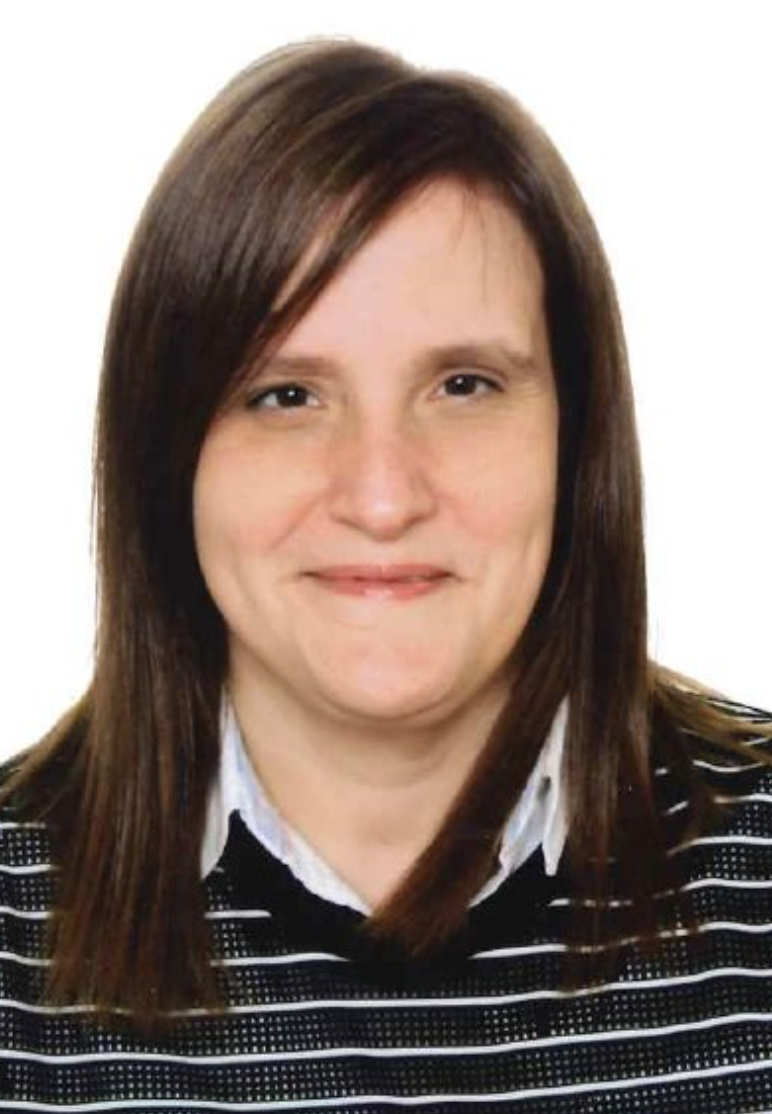 |
Leire Orúe-Echevarría (EC-CONNECT) Leire Orue-Echevarria is a Policy Officer at DG CONNECT, dealing with cloud and software engineering aspects. She holds a PhD in Economics and a Master’s Degree in Computer Engineering. Prior to her incorporation to the European Commission, she worked for more than 20 years in the private sector, mainly in software consultancy and research organizations. During the last 10 years, she has been intensively working in software engineering for the cloud, multi-cloud and cloud security certification. |
Panellists
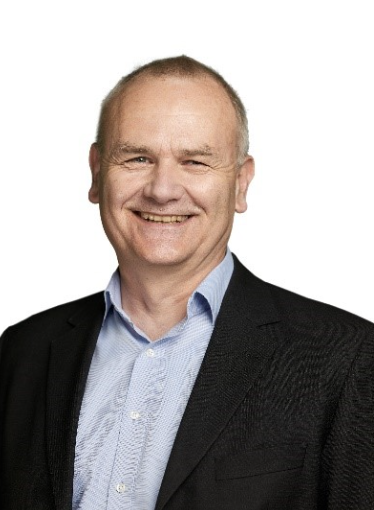 |
Josef Urban (Nokia Bell Labs and NESSI) Josef Urban is Nokia CTO partner driving corporate CTO activities in the area of security and software technologies. He started his professional career in the central research labs of Siemens, joined later the European Commission, acting as project officer in the directorate Information Society, and, after his time at the EU, he held various management positions at Siemens and later at Nokia. Since July 2016, he is also chairman of the NESSI Board, a European technology platform for research in software, services, and data |
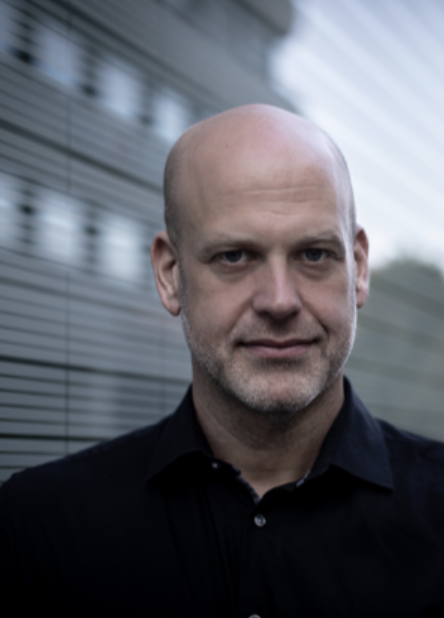 |
Frank Karlitschek (NextCloud) Frank Karlitschek studied computer science at the University of Tübingen. He founded several startups in Germany and the US. He is a long time open source developer and former board member of the KDE e.V. In 2016 he founded Nextcloud to create a fully open source and decentralised alternative to big centralised US cloud companies. In 2012 he initiated the User Data Manifesto to define basic human rights regarding personal data. Frank was an invited expert at the W3C to help to create the ActivityPub internet standard. Frank has spoken at MIT, CERN, Harvard and ETH and keynoted several conferences. Frank is the founder and CEO of Nextcloud GmbH. He is also a fellow of Open Forum Europe and an advisor to the United Nations regarding Intellectual Property and Open Source.
|
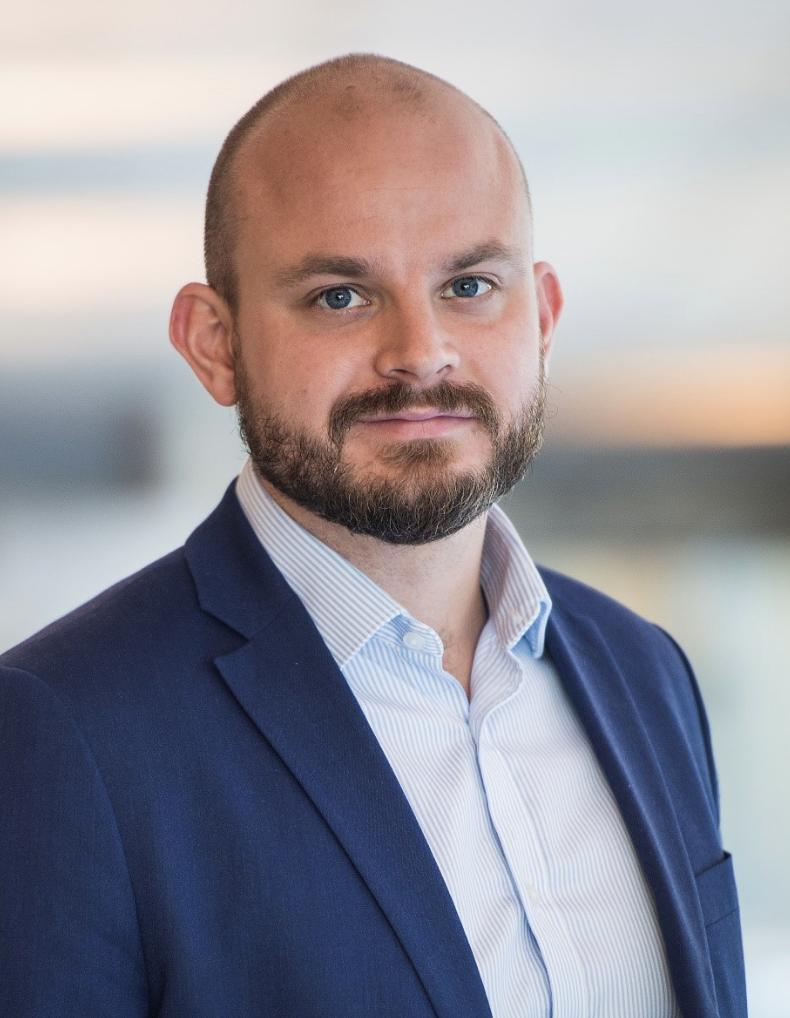 |
Astor Nummelin Carlberg (OpenForumEurope) Astor Nummelin Carlberg is OFE’s Executive Director, responsible for the overall vision, activities of the organisation and policy development. He has extensive experience of European policy making processes, communications and network-building. Astor leads conversations on Europe’s digital challenges and the role of open technologies in achieving its full potential. He also sits on the board of APELL, the European Open Source Business Association. Prior to OFE, Astor worked in the European Parliament. |
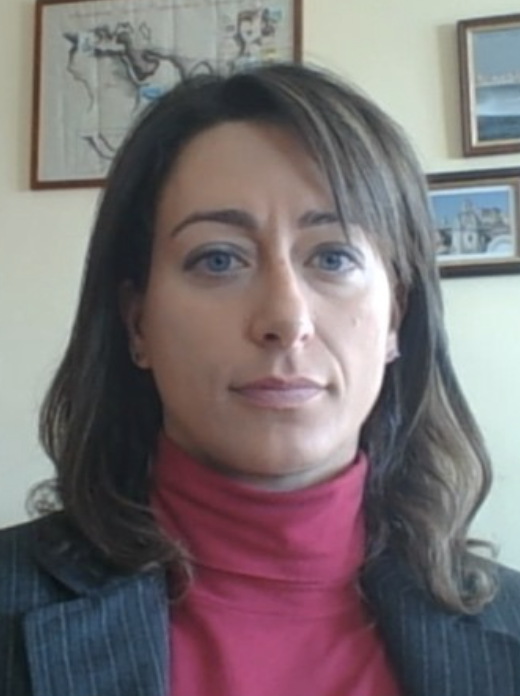 |
Maria Fazio (University of Messina) Maria Fazio is Assistant Professor in Computer Science. She is a member of the Editorial Review Board of several international journals and published more than 200 papers. She is co-founder of Alma Digit, which is an SME and academic Spin-Off at the University of Messina aimed at process automation in the Cloud. Currently, she is responsible for the University of Messina of the CINI “HPC: Key Technologies and Tools” (HPC-KTT) National Laboratory. Her research interests are focused on Compute Continuum, with particular reference to intelligent microservice orchestration and auto-configuring mesh networks at the Edge. |
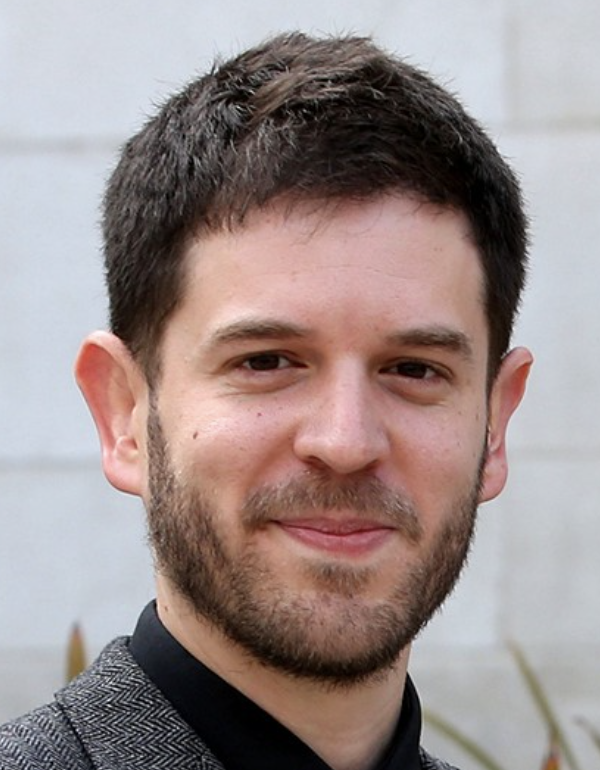 |
Alberto P. Martí (OpenNebula) Alberto has developed most of his career in Spain and in the UK, both in the IT sector and in Academia. As VP of Open Source Innovation at OpenNebula, he deals with strategic collaborations with public cloud/edge providers, other open source initiatives, and development teams from relevant vendors. He coordinates OpenNebula’s participation as a corporate member of the Linux Foundation, and the CNCF, and of both the EOSC and GAIA-X. Alberto leads the SovereignEdge.EU initiative and is involved in the IPCEI-CIS and in the European Alliance for Industrial Data, Edge and Cloud, where he coordinates the "Open Source Ecosystem" component (Task Force 1) as part of the Cloud/Edge WG. |